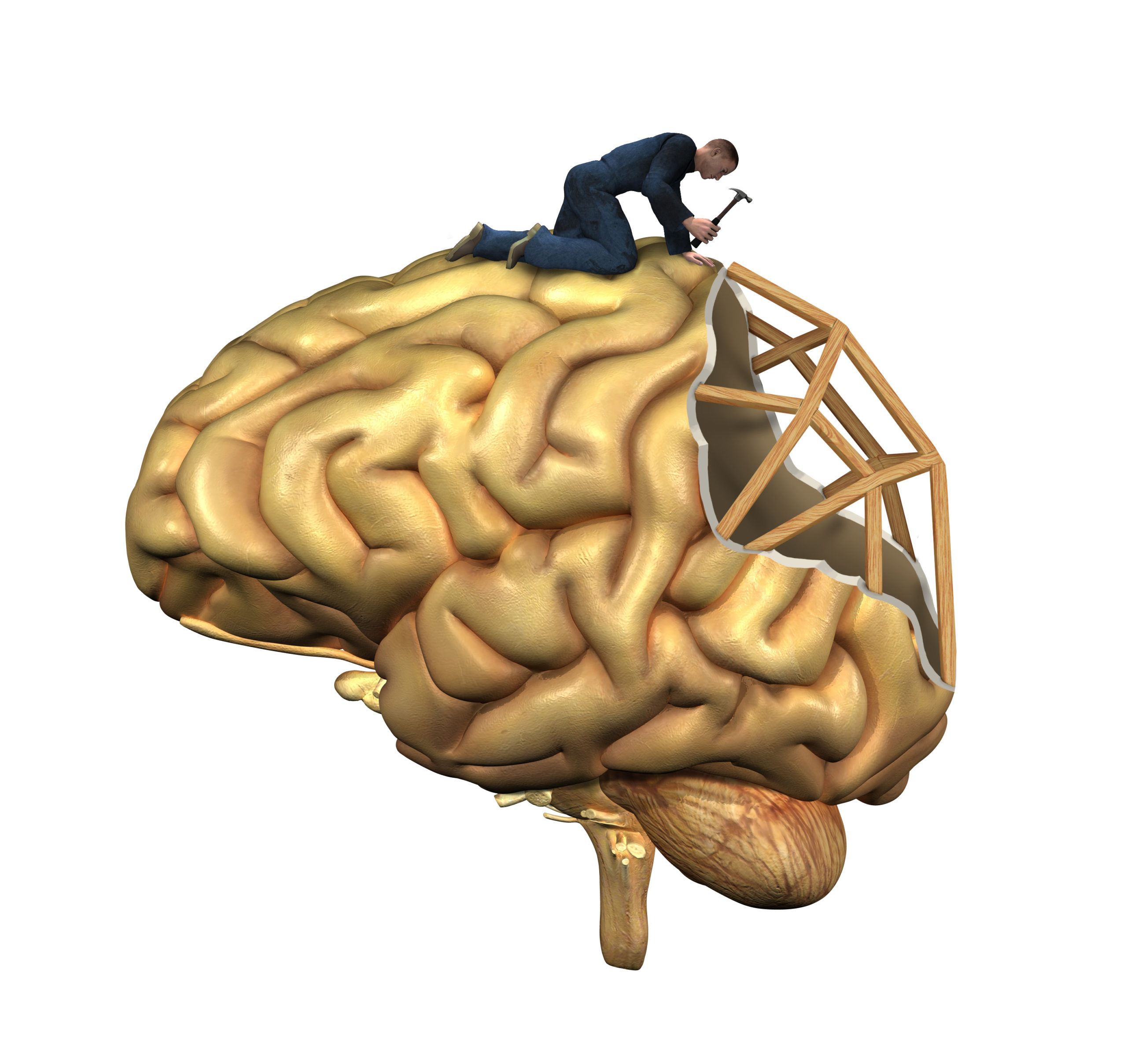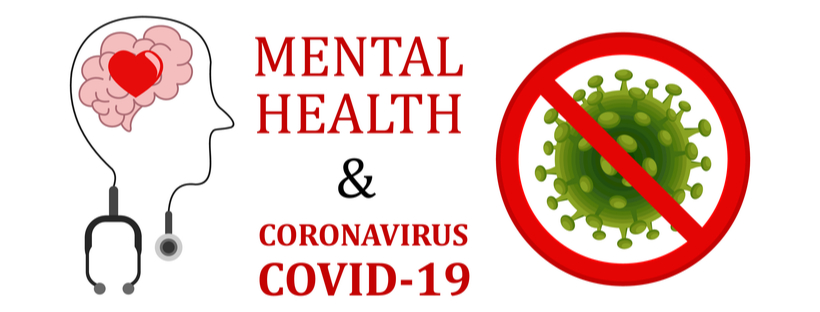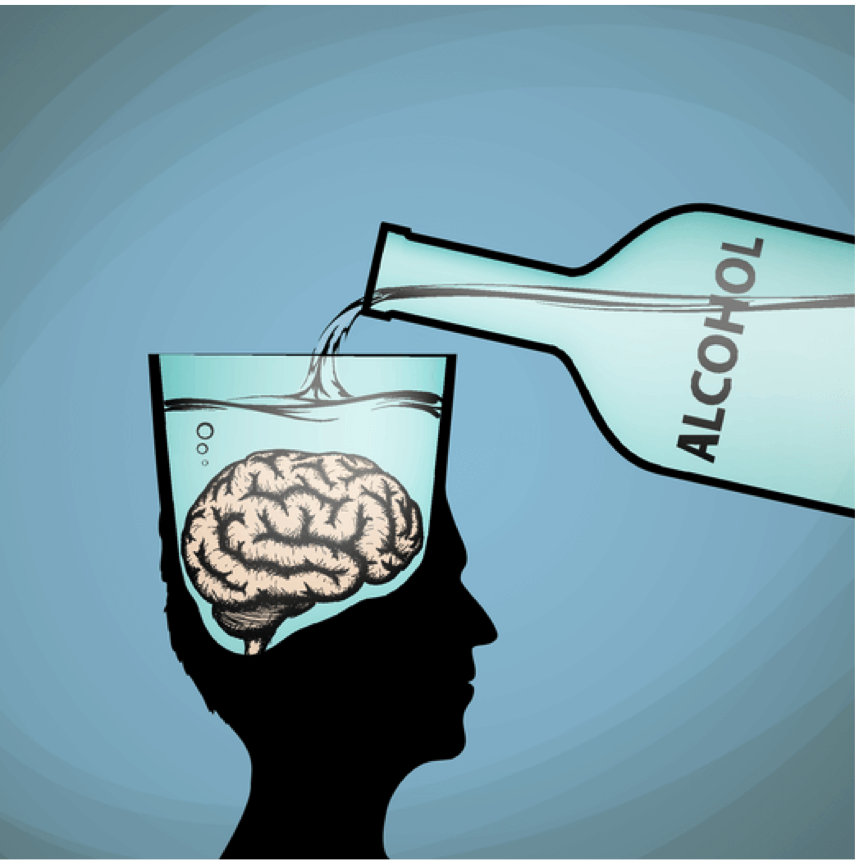Waking up in the middle of the night and gasping for air along with consistent snoring might be more of a problem than you think.
It probably doesn’t leave you thinking about much else other than your physical health.
It certainly doesn’t lead you to think about being at risk for depression.
Studies show you could be wrong. Sleep Apnea is the most common sleeping disorder affecting an estimated 25 million Americans. Lost sleep can affect everything from health to mood.
Sometimes even leading to depression.
What is Sleep Apnea?
Snoring, waking up gasping for air, or feeling like you never slept at all?
Sleep apnea could be the culprit.

Not only does it contribute to losing precious sleep but can cause a loss of interest in things you love to do.
If you’ve ever heard someone in a deep sleep snoring, suddenly stop and take a deep breath, sleep apnea could be to blame.
Here are some other common symptoms of sleep apnea:
- Loud and frequent snoring
- Waking up gasping for air
- Daytime fatigue
- Feeling unrefreshed when waking up
- Trouble concentrating
- Memory loss
- Morning headaches
- Irritability
Sleep Apnea and Link With Depression
Sleeping well makes you feel energized, motivated, and ready to take on the day. But, if your night is filled with restless sleep, or waking hundreds of times in a single night due to sleep apnea, you wake up feeling tired, foggy, and irritable.

You feel worse by early afternoon, and your symptoms can be misdiagnosed as depression. Your mood issues may be worse if you also suffer from insomnia, which means difficulty falling sleep or staying sleep.
Depression can take over lives and affect all those around us. Many people are against taking medications for depression and don’t even see a psychiatrist for treating their sad mood or excessive irritability.
But, a person diagnosed with sleep apnea is more likely to consider treatment – which often does not involve taking medications.
How Is Sleep Apnea Treated?
Sleep apnea is treated with an intervention that keeps your “air pipes” open by a machine called CPAP.

A mask that creates continuous and positive airway pressure to keep it open throughout the night. Leading to better sleep. And, a better you.
Treating sleep apnea and normalizing breathing with CPAP has tremendous which include:
- Improved blood pressure and a lower risk for heart attacks and stroke
- Waking up refreshed
- More energy
- Fewer mood issues that can be mistaken as depression
- Less snoring (better quality of sleep for your bed partner)
- Sharper memory
- Longer life and lower risk of Alzheimer’s disease
Can You Prevent Depression Symptoms Due to Sleep Apnea?
Yes.

But your sense of being depressed can be due to other factors beyond sleep apnea or insomnia. It is important that you discuss how you feel with your doctor. In general, there are many ways you can fight symptoms of depression.
- Boost your brain fitness
- Physical exercise
- Psychotherapy
- Talking to someone you love and trust
- Medication
- Engaging in activities you are passionate about
- Meditation
- Minimize drinking alcohol
- Lose weight if you are overweight or obese
- Neurofeedback
Please keep in mind that is important you reach out to your medical provider and get a diagnosis for your sad mood, fatigue, and excessive irritability. Without a diagnosis, there can be no treatment. Without treatment, there can be no healing.
What Next?
We all seek happiness in our lives. But how do we begin if we are deprived of one of the most critical components of our brains?
Sleep.

If you suspect you have sleep apnea, or if you feel depressed and have any of the symptoms relating to sleep apnea, it’s best to rule it out. The two are often connected and share many of the same characteristics.
For more information on how to keep your brain in the best shape possible, and how to fight sleeping problems, brain fog, or mood issues, please feel free to contact us.
You can also learn more about our many different treatments and programs on our website.



